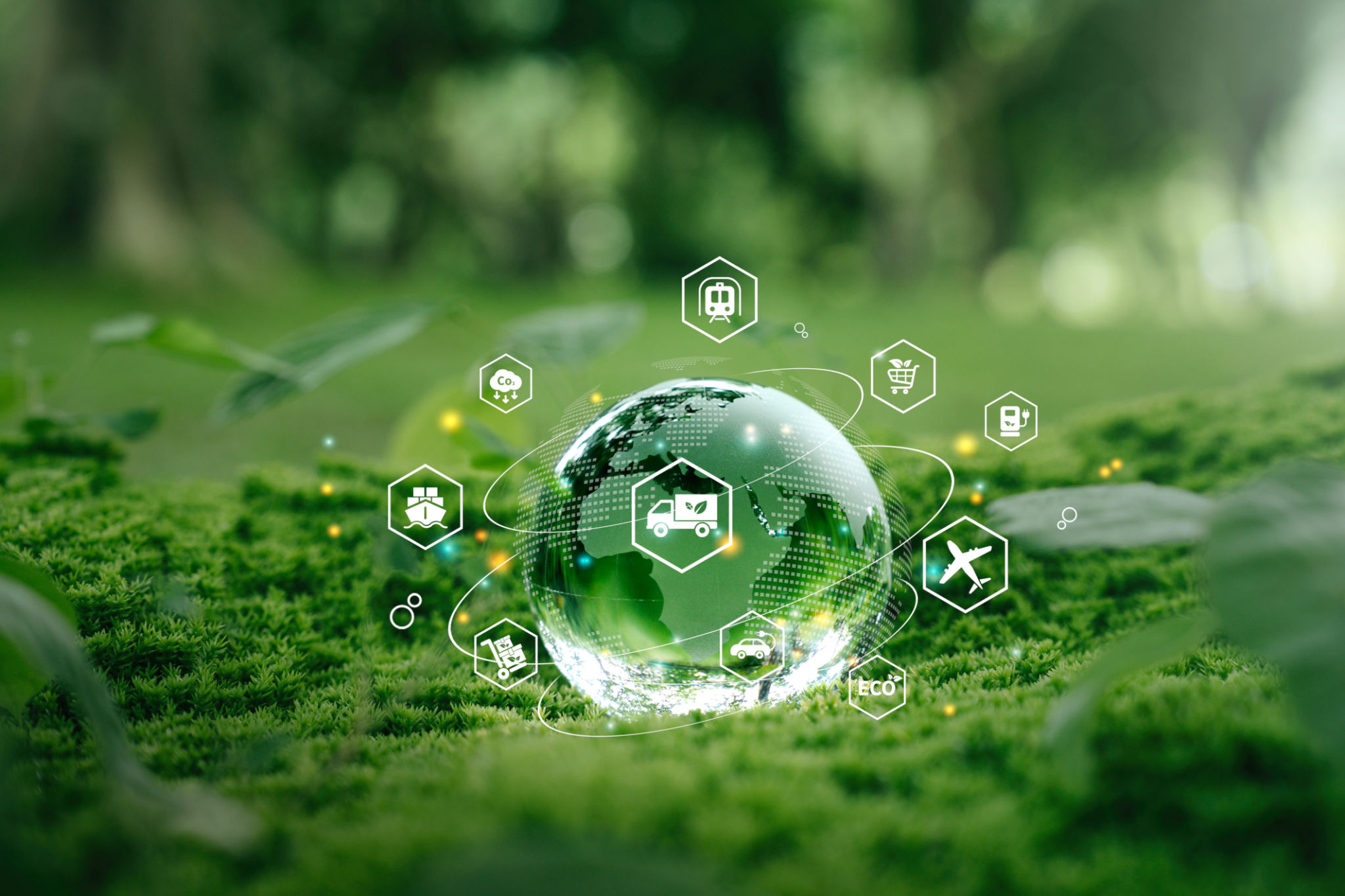The Role of Sustainable Supply Chain Solutions in Modern Logistics
Understanding Sustainable Supply Chain Solutions
In today's rapidly evolving business environment, the need for sustainable supply chain solutions is more critical than ever. Companies are increasingly recognizing the importance of integrating sustainability into their logistics operations to meet environmental goals and enhance their brand reputation. This shift is not just a trend but a necessary response to the growing pressures of climate change, regulatory requirements, and consumer demand for eco-friendly practices.
Sustainable supply chain solutions involve optimizing logistics processes to minimize environmental impact while maintaining efficiency and cost-effectiveness. This includes reducing carbon emissions, minimizing waste, and promoting the use of sustainable materials. By adopting these practices, businesses can not only contribute to environmental preservation but also achieve significant cost savings and operational efficiencies.

The Benefits of Sustainable Logistics
Embracing sustainable supply chain solutions offers numerous benefits. One significant advantage is the reduction in greenhouse gas emissions. By optimizing transportation routes, using energy-efficient vehicles, and adopting alternative fuels, companies can significantly decrease their carbon footprint.
Moreover, sustainable logistics practices help in waste reduction. Implementing strategies like recycling, reusing materials, and reducing packaging can lead to substantial waste savings. These actions not only contribute to a healthier planet but also enhance a company's sustainability credentials, attracting environmentally conscious consumers.
Enhancing Brand Reputation
Another critical benefit of sustainable supply chain solutions is the enhancement of brand reputation. In today’s market, consumers are more informed and selective about the brands they support. Companies that prioritize sustainability are often viewed more favorably, leading to increased customer loyalty and brand trust.

Challenges in Implementing Sustainable Solutions
Despite the numerous benefits, implementing sustainable supply chain solutions comes with its challenges. One of the primary obstacles is the initial cost associated with adopting new technologies and processes. While these investments can lead to long-term savings, the upfront costs may deter some companies from making the transition.
Additionally, there is often a lack of standardized guidelines and metrics for measuring sustainability in the supply chain. This can make it difficult for companies to assess their progress and identify areas for improvement. Collaboration with industry partners and stakeholders is essential to overcome these challenges and drive meaningful change.
The Role of Technology
Technology plays a crucial role in facilitating sustainable supply chain solutions. Innovations such as blockchain, Internet of Things (IoT), and artificial intelligence (AI) are transforming logistics by enhancing transparency, efficiency, and decision-making capabilities. These technologies enable companies to track their environmental impact more accurately and make data-driven decisions to improve sustainability.

The Future of Sustainable Logistics
As we look to the future, it is clear that sustainable supply chain solutions will continue to be a vital component of modern logistics. Companies that invest in sustainability today are likely to gain a competitive edge in the market, as they will be better prepared to meet future regulatory requirements and consumer expectations.
Ultimately, the move towards sustainable logistics is not just about compliance or reputation. It is about creating a resilient supply chain that can withstand environmental challenges and contribute positively to society. By prioritizing sustainability, businesses can ensure long-term success while playing their part in safeguarding the planet for future generations.